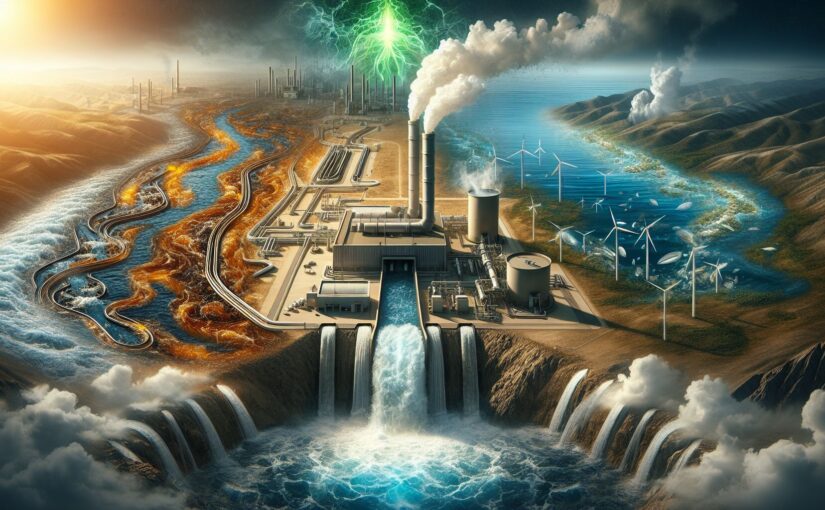There’s been a significant environmental breakthrough by scientists around the world; the ability to transform wastewater into renewable energy. If you think sewage waste doesn’t have any use, you might need to rethink because the future of renewable energy might just be lurking in our sewers.
How is renewable energy generated from wastewater?
Bacteria play a major role in converting wastewater into renewable energy. Certain bacteria, known as electroactive bacteria, feed on organic waste and generate electrons. When they consume the organic matter in the wastewater, these bacteria ultimately produce electricity[^1^].
The process happens within a unique system known as a Microbial Fuel Cell (MFC), where these bacteria are kept. In one half of the cell, an electrode captures the released electrons and generates electricity. On the other hand, oxygen from the atmosphere reacts with the electrons, creating water.
Why Wastewater?
You might wonder why scientists are focusing on wastewater. Apart from being easily accessible, wastewater is a rich source of organic matter that stays unused in traditional wastewater treatment plants. If wastewater is treated through MFCs, the organic waste becomes a valuable resource for generating electricity.
Moreover, traditional wastewater treatment processes consume a lot of energy and are a significant source of greenhouse gas emissions. Treating wastewater to generate energy could be a game-changer, both economically and environmentally. It could turn wastewater treatment plants from energy consumers to energy producers[^2^].
A Step Towards Sustainability
The ability to generate renewable energy from wastewater might just be one of the most promising discoveries in our journey towards environmental sustainability. It’s not just about generating electricity; it’s also about reducing the environmental impact of wastewater, creating a win-win situation for all[^3^].
Moreover, this discovery has the potential to provide clean power to communities lacking access to a traditional power grid, providing another stride towards global energy equality.
In conclusion, wastewater that was once seen as a burden is becoming a blessing in disguise, giving us the opportunity to harness renewable energy while cleaning up our environment.
Let’s continue to invest in further research and development to fully grasp the potential of this path-breaking discovery that could shape our renewable energy future.
Sources
[^1^]: Logan, B. (2008). Microbial Fuel Cells. John Wiley & Sons, USA.
[^2^]: Rabaey, K., & Rozendal, R. (2010). Microbial electrosynthesis – revisiting the electrical route for microbial production. Nature Reviews Microbiology.
[^3^]: Pant, D., Singh, A., Van Bogaerte, G., Olsen, S.I., Singh Nigam, P., Diels, L., & Vanbroekhoven, K. (2012). Bioelectrochemical systems (BES) for sustainable energy production and product recovery from organic wastes and industrial wastewaters. RSC Advances, Royal Society of Chemistry.
